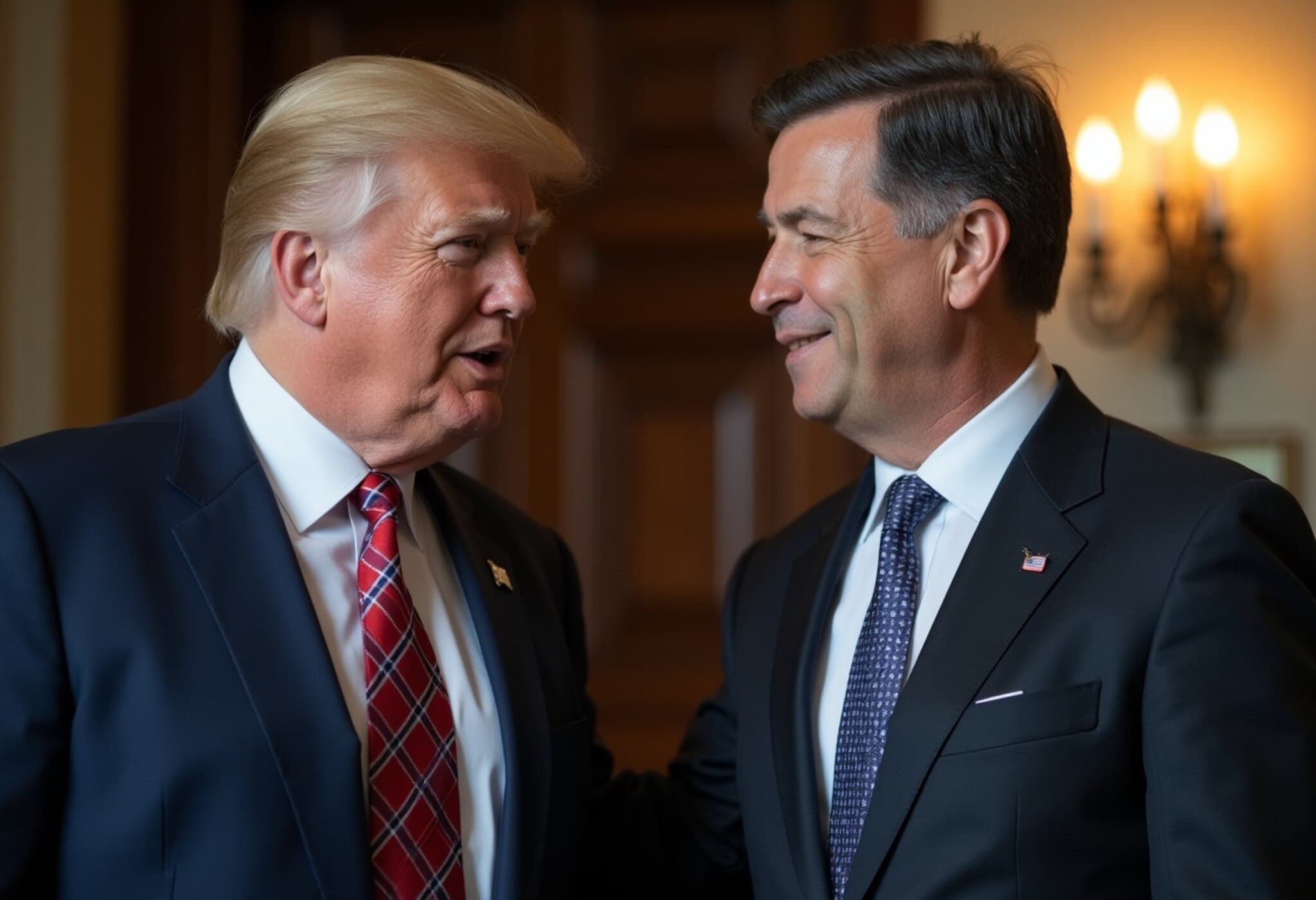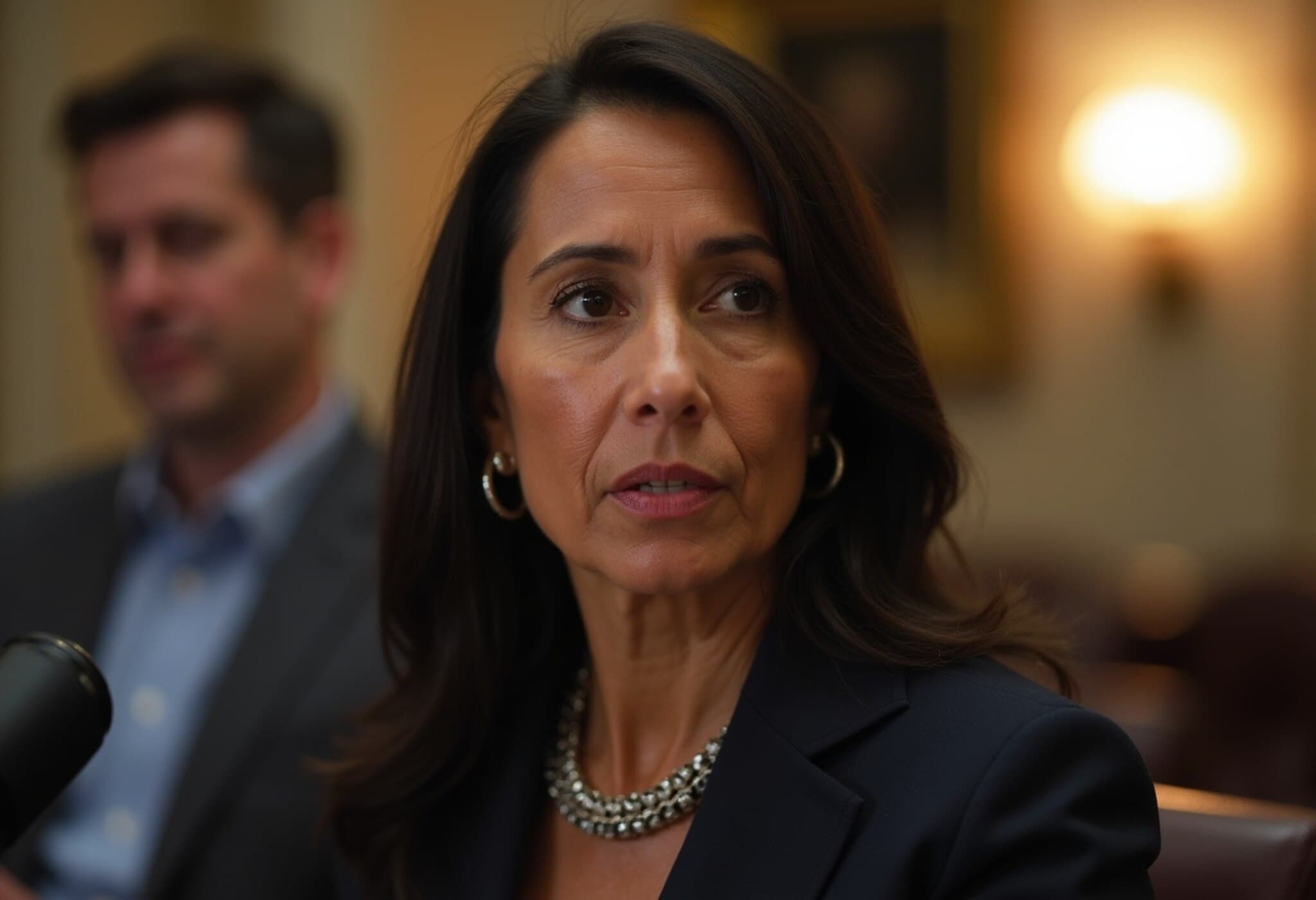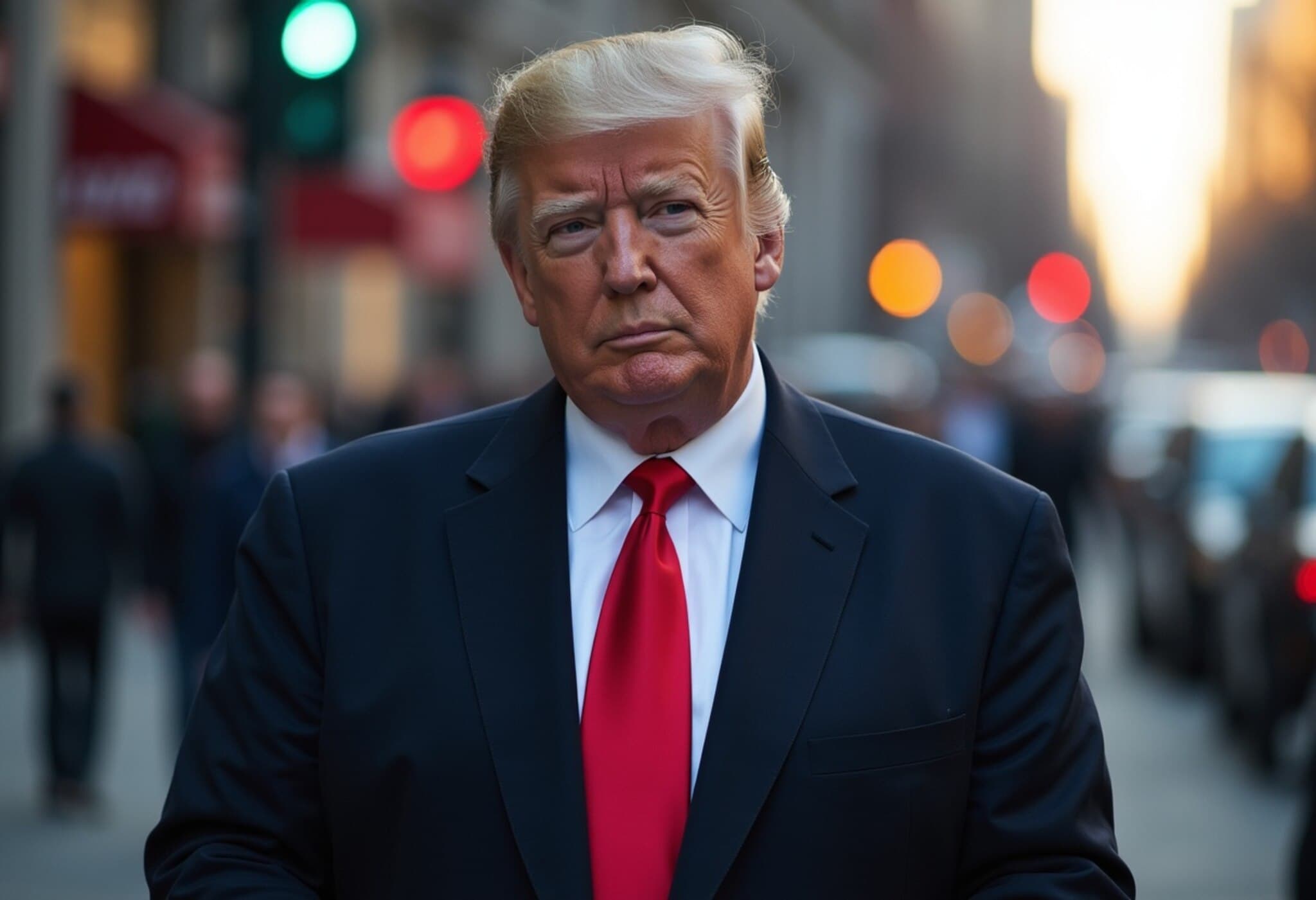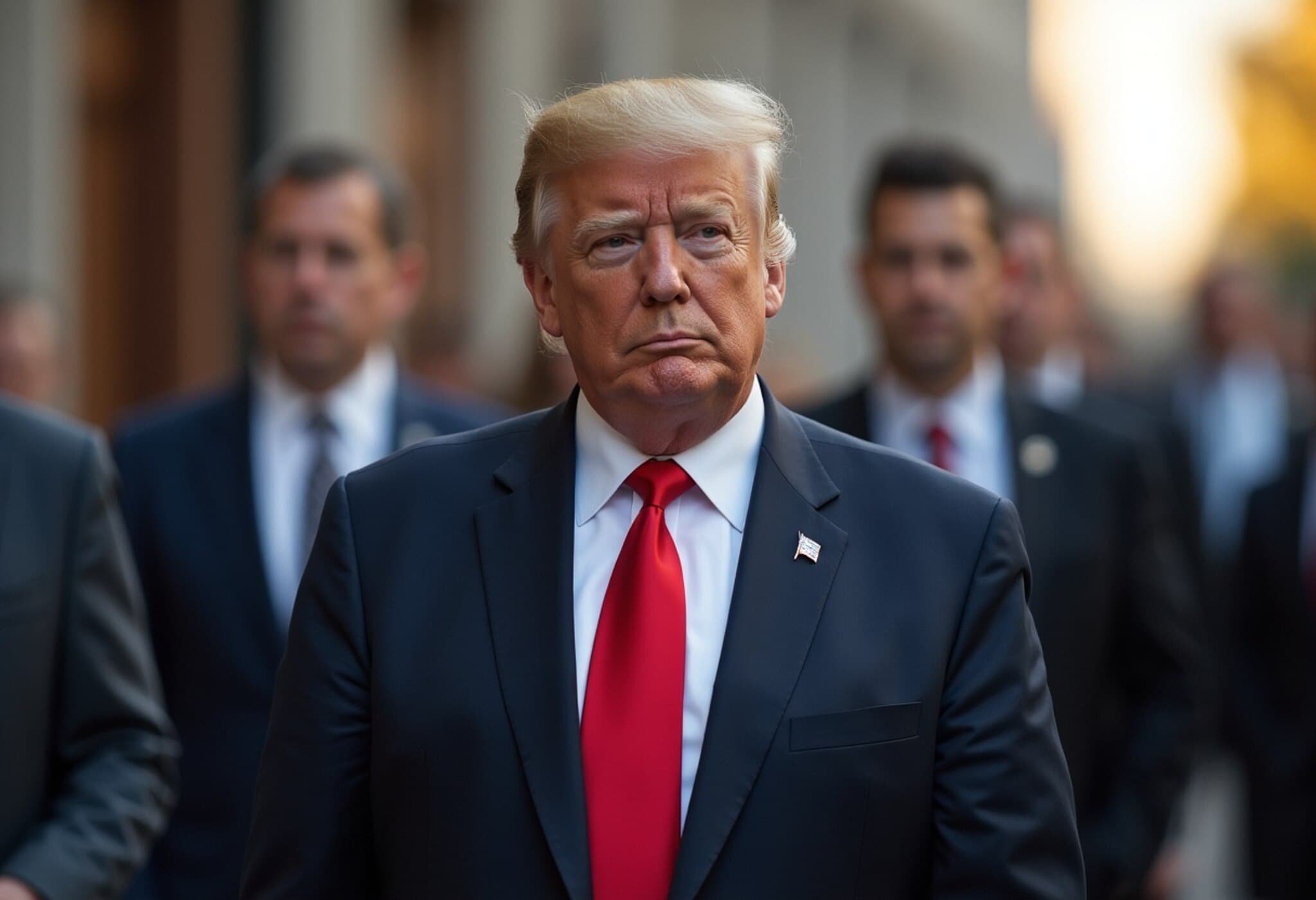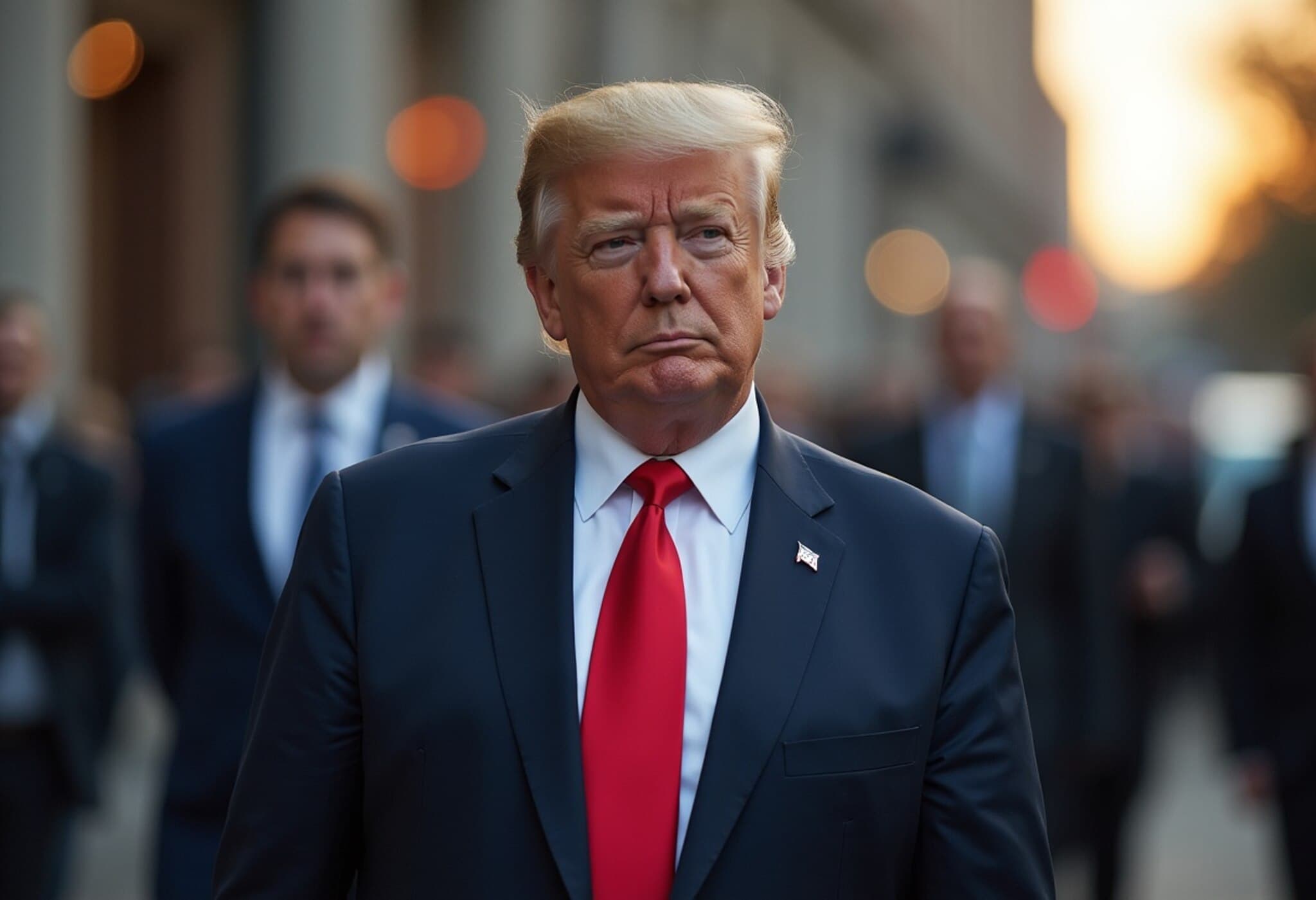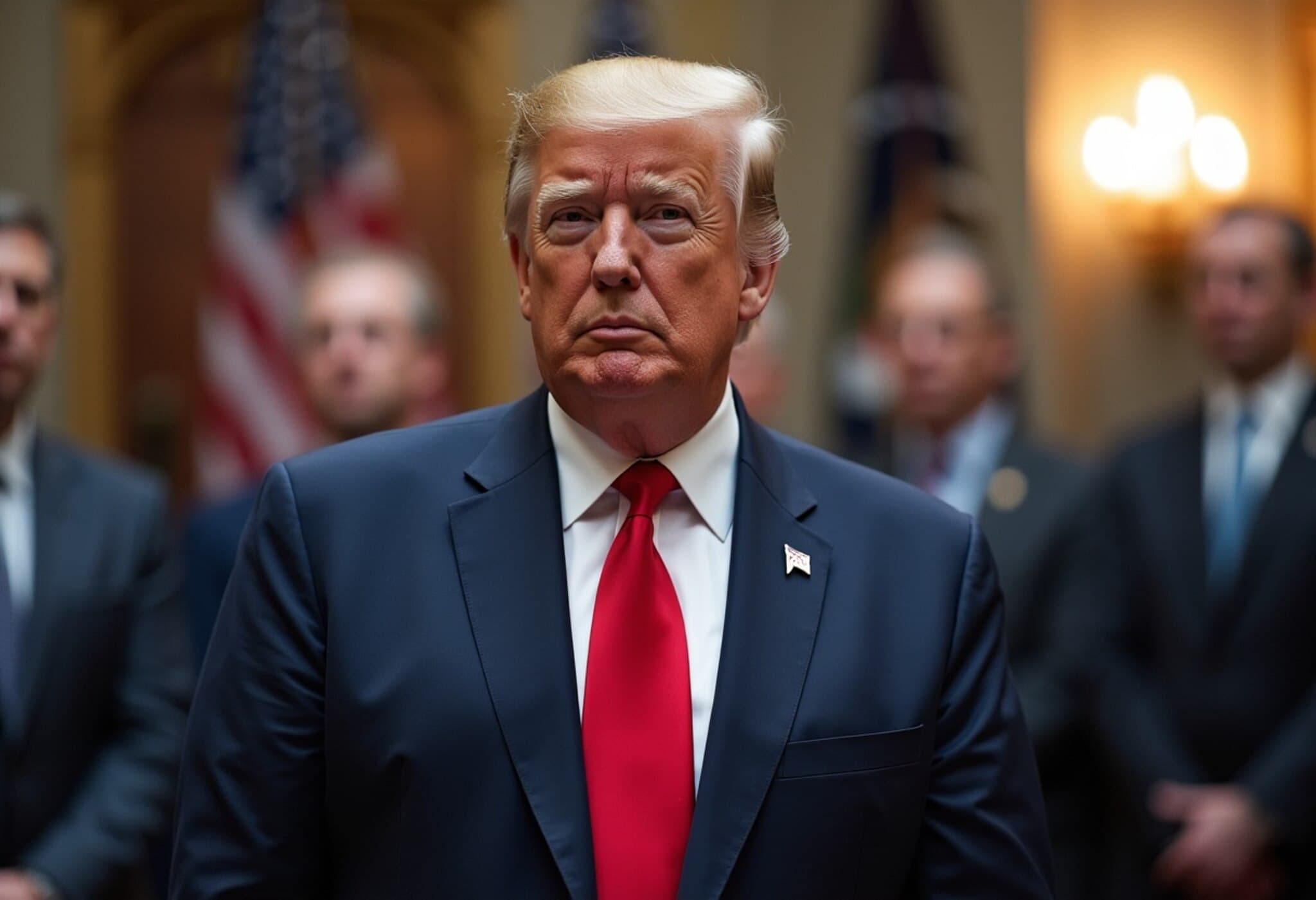Trump Administration Targets John Brennan and James Comey with Criminal Probes
In an unexpected move that has reignited political tensions, the Trump administration has initiated criminal investigations into two prominent intelligence figures who have long been at odds with former President Donald Trump: former CIA Director John Brennan and ex-FBI Director James Comey. Both men were dismissed by Trump during his tenure, and now face renewed scrutiny from the Department of Justice (DOJ), though the precise nature and scope of the investigations remain murky.
Origins and Context of the Probes
The DOJ quietly confirmed the existence of these probes following a report on Fox News. A department spokesperson stated that while investigations are ongoing, they could not comment on specifics concerning Comey and Brennan. Lawyers for Comey declined to comment, while Brennan — who appears regularly as a paid analyst on NBC News and MSNBC — said he had not been contacted by either the DOJ or the CIA regarding the investigation. The FBI also withheld comment.
Background: Brennan, Comey, and Their Complex Legacies
Both Brennan and Comey played pivotal roles during the turbulent years following the 2016 presidential election, particularly concerning allegations of Russian interference and intelligence assessments that deeply divided the political landscape. Brennan oversaw the CIA during the 2016 election and was instrumental in the agency’s conclusion that Russian President Vladimir Putin aimed to boost Trump’s chances against Democrat Hillary Clinton.
James Comey, known for his controversial decision to publicly announce the reopening of the FBI investigation into Hillary Clinton’s email server days before the election, later became a central figure in the probe into alleged collusion between Russia and the Trump campaign. His dismissal by Trump in 2017 further fueled political drama.
Allegations and Legal Hurdles
- While the referrals and investigations are significant, any alleged misconduct occurring during the 2016 campaign or early in Trump’s first term may face legal obstacles due to the typical five-year statute of limitations on federal crimes.
- A recent internal CIA review, released by CIA Director John Ratcliffe, criticized Brennan’s leadership in handling the 2017 intelligence community assessment on Russian meddling.
- Sources indicate Ratcliffe made a criminal referral against Brennan, but details on the grounds for investigation into Comey are less clear.
The Bigger Picture: Political Weaponization of Justice?
Experts caution that these investigations occur amid an ongoing political battle over the legacy of the Trump administration and investigations into its activities. A specialized Justice Department "Weaponization Working Group" has been reportedly examining earlier probes into Trump and his associates, with numerous officials involved in those investigations being dismissed or sidelined.
Legal analysts point out that past efforts, including John Durham's special counsel investigation, did not result in charges against either Brennan or Comey, though they scrutinized how intelligence was gathered and used during the politically charged Russia probe.
The current investigations revive concerns about potential retaliatory uses of law enforcement power for political ends. This follows contentious events such as the pardoning of January 6 Capitol rioters by Trump on his last day in office, signaling deep political divides influencing the justice system.
Epstein Investigation Tie-Ins
The news about these probes coincides with renewed criticism over the DOJ and FBI’s handling of the Jeffrey Epstein case, especially under former FBI Director Kash Patel and Attorney General Pam Bondi. Both figures have been criticized for their public statements and prior engagement with Epstein-related conspiracy theories, further fueling public skepticism regarding law enforcement transparency and impartiality.
What’s Next?
At this stage, the DOJ has kept details under wraps, and with both Brennan and Comey not formally charged, much remains in question. Observers suggest that these investigations could either signal a continued crackdown on perceived government insiders or represent attempts to reshape political narratives.
For the American public, these developments raise important questions about the balance between accountability and political influence in the justice system. How will these investigations proceed amidst existing statutes and political pressures? And what does this mean for the legacy of intelligence agencies as protectorates of national security versus actors in partisan conflicts?
Editor’s Note
This emerging story offers a compelling glimpse into the intertwining of politics, intelligence, and justice in contemporary America. While the Trump administration’s focus on Brennan and Comey may satisfy some political constituencies eager to see predecessors scrutinized, it also highlights perennial tensions about the rule of law and impartial justice. Readers should watch for upcoming developments, bearing in mind the broader implications for democratic norms and the integrity of federal investigations.

